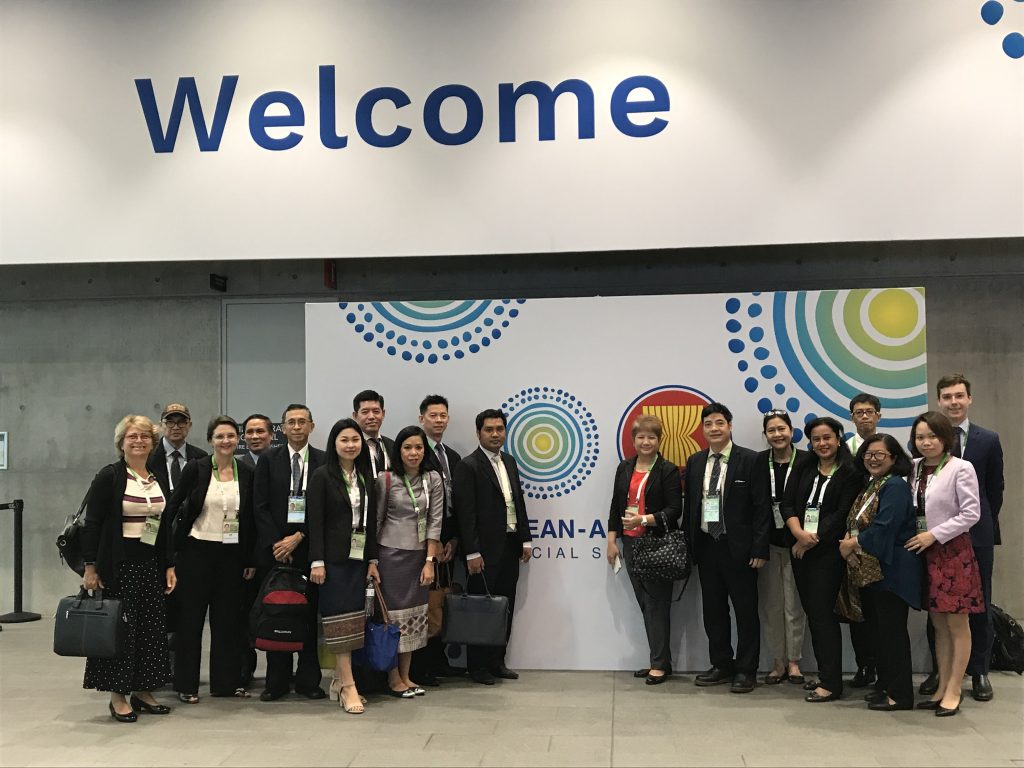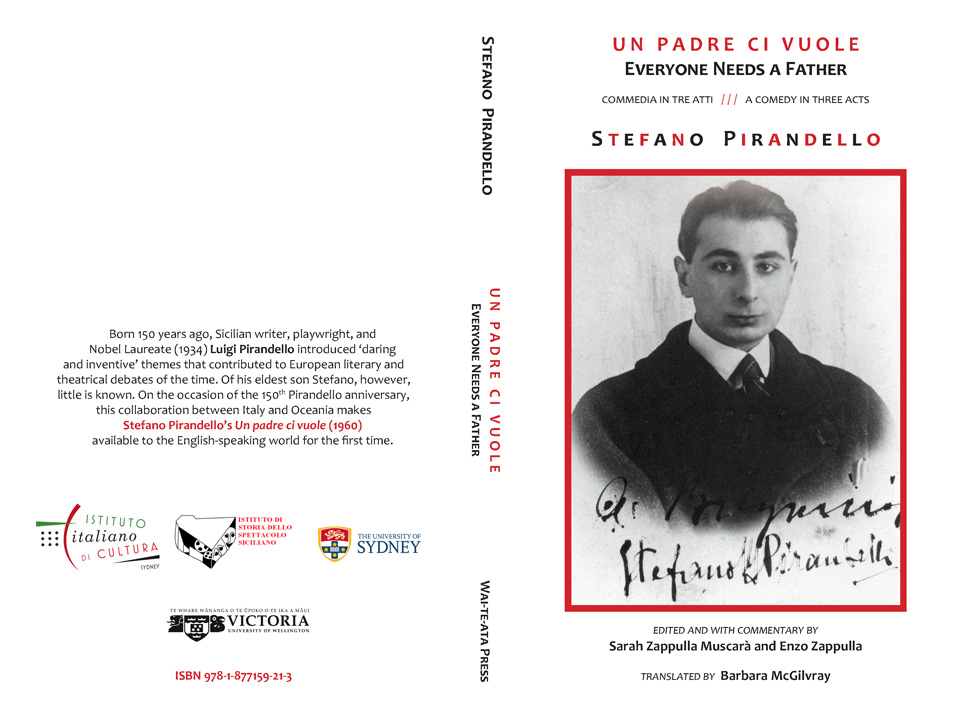New requirements for DFAT translations
From 1 July 2018, the Australian Department of Foreign Affairs and Trade (DFAT) is only able to accept translations completed by Translators with NAATI Certification (this includes Recognised Practicing Translators). The department will no longer be able to accept translations done by an Accredited Translator after 1 July 2018. Translations dated before 1 July 2018 are not affected and will still be accepted.





